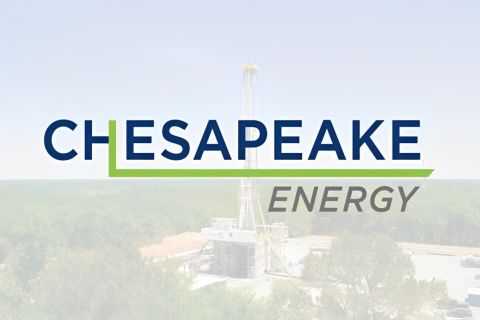The results of a national survey indicate 73% of Americans think the country is on the wrong track in terms of the economy, military efforts in Iraq and Afghanistan, health care, and energy.
Interestingly, though Americans endorse renewable energy, many do not realize the need to produce more hydrocarbons, which are projected to account for the majority of the world’s transportation fuels through 2030.
Perhaps that isn’t really so surprising. Stumping by both presidential candidates gave the impression that developing renewable fuels was simply a choice the country could make and that achieving energy efficiency was a fairly simple matter of using fuel alternatives. Very little time was devoted to explaining just how long the process would take to develop renewable energy sources and convert present-day facilities and products to use those fuels. And there was no serious discussion of what percentage of the country’s total energy consumption renewables could be expected to make up.
“It’s clear from our survey that most voters believe renewable energy is the way of the future,” said Gary Adams, vice chairman, oil and gas, Deloitte LLP. “While this is very important, many voters may not understand the current costs and complexities of developing renewable energy.”
In the survey, renewable fuels garnered an 86% favorability rating. And a plurality of voters (41%) believe renewable energy is the cheapest type of energy today, with 51% of the opinion that renewable energy will be the cheapest energy source 25 years from now. In contrast, only 16% of the survey participants believe oil and gas is currently the cheapest.
According to Adams, there is confusion among voters about the real costs of energy. “Right now, renewables simply are not as cheap as fossil fuels.”
When it comes to sustainability, sentiment regarding oil and gas declines even further, with 25% of those surveyed saying oil and gas are a sustainable energy source today, but only 8% of the opinion that the same will be true 25 years from now.
Opinions aside, America needs a comprehensive energy policy that will promote investment in the development of economical alternative fuels and at the same time will encourage domestic exploration and production of oil and gas to bridge to the gap to the future.
It could be argued that many in the US believe the same thing, but it is going to take more than a four-year presidential term to deliver results. And no president thus far has been interested in making the investment — and selling the sacrifice — necessary to start a program that would not reach fruition while he was still held office.
“The world will be primarily reliant on fossil fuels for at least two generations – the bridge to tomorrow’s new energy future depends on this,” Adams said. “The key is to have a sensible plan to transition to a new, cleaner energy era. It is also clear that the oil and gas industry needs to do more to educate the public on the challenges ahead.”
The survey offers clues as to how respondents would like go about this transition. For example, the majority agree that cars sold in the US should have more stringent and fuel economy standards. Most voters, especially younger ones, are also in favor of funding clean energy projects despite high costs.
Of course, claiming that cost isn’t an issue and living with the sacrifices of paying that cost are not the same thing. And the self-indulgent nature of the American public hasn’t shown us to be a country interested in self-denial. The current fiscal crisis, created in great part by American consumers who buy things they can’t afford, is an indicator that Americans as a group do not generally practice what they preach when it comes to prudent consumerism and conservation.
All of that aside, the country still needs a serious energy policy and that policy will have to include oil and gas.
Getting American consumers to understand that fact is another matter.
Recommended Reading
ConocoPhillips: Permian Basin a ‘Growth Engine’ for Lower 48
2024-05-15 - ConocoPhillips views the Permian Basin as a “growth engine” within its Lower 48 portfolio, the company’s Midland Basin Vice President Nick McKenna said during Hart Energy’s SUPER DUG event in Fort Worth.
Williams Cos. Blasts Energy Transfer’s FERC Filing
2024-05-15 - In response to Energy Transfer, Williams says the rival’s action is “lawfare” to delay the company’s Louisiana Energy Gateway project.
KeyState, CNX Bring Hydrogen Facility to Pittsburgh Airport
2024-05-15 - KeyState Energy and CNX Resources said the facility can produce hydrogen solely, reaching up to 68,000 metric tons annually, or sustainable aviation fuel solely, reaching up to 70 million gallons per year.
Adkins: Attacks on Fossil Fuels, Overregulation Poised to Backfire
2024-05-15 - Raymond James’ J. Marshall Adkins tells Hart Energy’s Super DUG conference attendees demonizing oil and gas, strenuous regulations and continued inflation are bound to have unexpected consequences for E&P opponents.
Chesapeake Stockpiles DUCs as Doubts Creep in Over Southwestern Deal
2024-05-02 - Chesapeake Energy is stockpiling DUCs until demand returns through growth from LNG exports, power generation and industrial activity.





